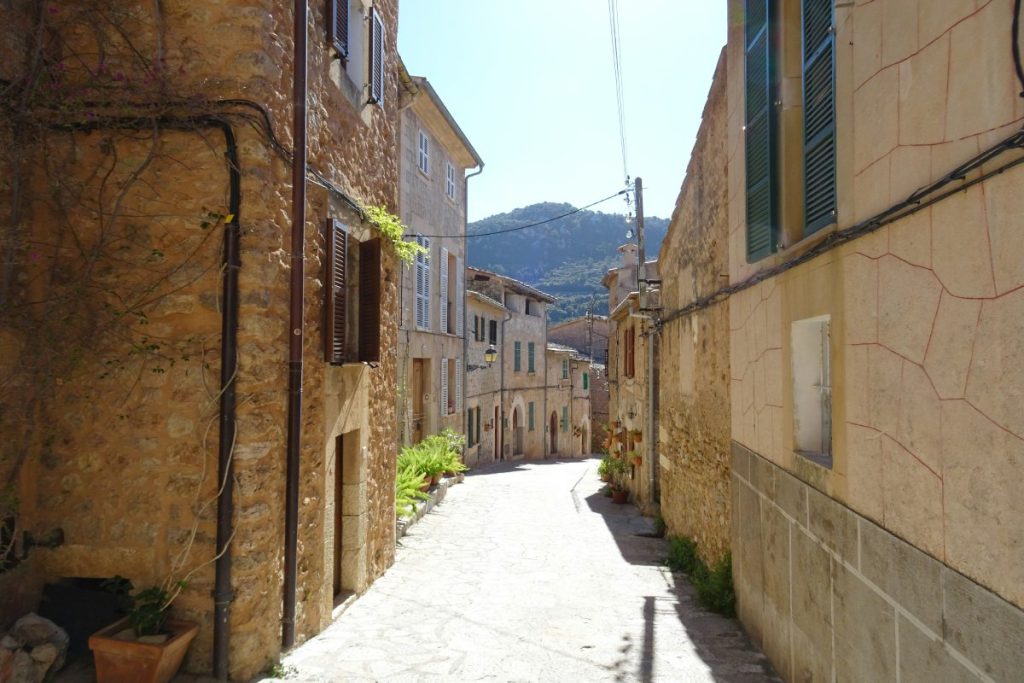Despite recent protests against mass tourism in Mallorca, the island continues to be one of Spain’s most popular tourist regions. In August, Mallorca recorded over 8.5 million overnight hotel stays, the highest of any tourist region in Spain. The island also had the highest weekend hotel occupancy rate at 90%. However, a survey of 1,000 Americans found that nearly 90% of U.S. travelers were unaware and unconcerned about the protests, with only 11% of respondents having heard of them. Of those who were aware of the protests, 30% said they were less likely to visit the island, while 69% said it had no impact on their decision. The Director of the Mallorca Tourism Board acknowledged that the information about the protests had not reached a wide audience.
The Mallorca Tourism Board is focused on growing tourism from the U.S. market. The survey of American tourists found that they have a strong interest in nature, local cuisine, responsible travel, and exploring small towns. This market is known for being committed to sustainability, which aligns with Mallorca’s goals. Despite the protests against overtourism, American tourists are still drawn to Mallorca for its offerings. The board aims to attract more visitors from the U.S. who appreciate and support sustainable tourism practices.
In addition to Mallorca, protests against overtourism have also been taking place in other popular Spanish destinations such as the Canary Islands, Malaga, Menorca, and Barcelona. Despite these protests, Spain saw a strong performance in tourism in August, with overnight stays reaching 47.8 million, a 2.6% increase from the previous year. This marked the highest figure on record for the country. Southern European destinations, including Spain, have been experiencing a high demand for tourism, particularly from the American market. United Airlines’ executive vice president noted that the demand for Southern Europe has been remarkable and continues to grow.
The protests against mass tourism in Mallorca and other Spanish destinations highlight the ongoing challenges faced by popular tourist regions. While these protests may raise awareness about the impacts of tourism on local communities and the environment, they don’t seem to deter most travelers from visiting these destinations. The survey results from American tourists indicate that the majority are still interested in visiting Mallorca despite being unaware of the protests or unaffected by them. This suggests that while the issue of overtourism is important, it may not be a primary concern for all travelers.
The growth in tourism to Mallorca and Spain, despite protests, underscores the resiliency of these destinations in attracting visitors. Mallorca’s tourism board’s focus on sustainability and attracting tourists who align with their values shows a commitment to responsible tourism practices. As tourism continues to be a vital economic driver for these regions, finding a balance between meeting visitor demand and preserving the authenticity and environment of these destinations remains critical. Overall, the protests against mass tourism in Mallorca and other Spanish destinations are part of a larger conversation about sustainable tourism and the need to protect these popular destinations for future generations.














